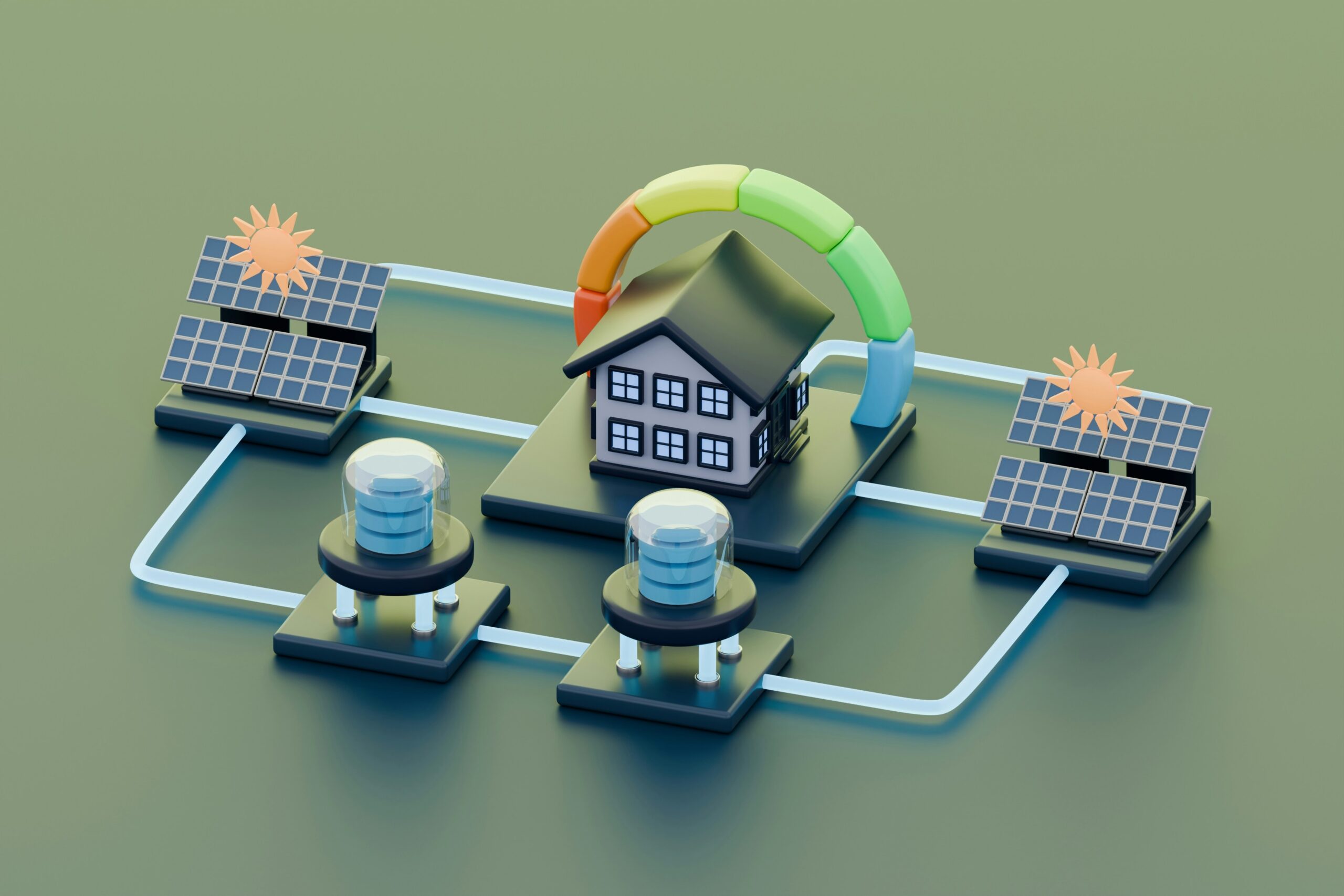
In the ever-evolving world of real estate, integrating technology into property management practices stands as a game-changer, enhancing efficiency and tenant satisfaction. Property managers embracing innovative technologies unlock new levels of operational effectiveness and market competitiveness. This article explores how technological advancements are fundamentally transforming the property management industry.
Streamlining Operations with Automation
Automation technology greatly simplifies daily property management tasks, reducing human error and increasing efficiency. For instance, automated systems can handle time-consuming tasks such as tenant screening, rent collection, and maintenance scheduling. This shift frees up time for property managers to focus on more strategic activities and ensures critical operations proceed immediately.
Furthermore, automation extends to tenant communications. Automated messaging systems keep tenants informed about maintenance updates, policy changes, and billing reminders, enhancing communication clarity and consistency. As a result, property managers can maintain more organized operations and foster better relationships with tenants, ultimately enhancing tenant retention and satisfaction.
Enhancing Tenant Services with Smart Technology
Smart home technology is becoming a standard expectation among modern tenants, particularly in upscale residential properties. Integrating smart devices such as thermostats, lighting systems, and security features improves the quality of life for tenants by providing convenience and enhanced control over their living environment.
Moreover, property managers utilize technology to offer innovative services like virtual tours and online lease signing, catering to younger renters’ digital-first preferences. This technology streamlines the rental process and attracts tech-savvy tenants who appreciate the convenience of managing their rental experience via their mobile devices or computers. Consequently, properties with innovative technologies often see higher demand and increased rental rates.
Optimizing Building Maintenance with IoT
The Internet of Things (IoT) introduces a new dimension to building maintenance and management, enabling properties to be more responsive and proactive. IoT devices can monitor systems like heating, ventilation, and air conditioning (HVAC) and provide real-time data on their performance. This capability allows for immediate detection of issues before they escalate into costly repairs.
Additionally, IoT technology helps in energy management by tracking energy consumption patterns and identifying areas for energy savings. IoT devices are crucial in reducing operational costs and promoting property sustainability by adjusting systems automatically or alerting managers to potential inefficiencies.
Improving Financial Management with Advanced Software
Property management software platforms revolutionize financial tracking and management, providing property managers with powerful budgeting, expense tracking, and financial reporting tools. These platforms offer comprehensive dashboards that overview a property’s economic health, enabling managers to make informed decisions quickly.
Moreover, integrating accounting software reduces the complexities associated with financial operations, such as processing payments and generating financial statements. These systems ensure accuracy and compliance with financial regulations, reducing the risk of errors and enhancing the efficiency of financial processes. Thus, technology simplifies financial management and supports strategic financial planning and analysis.
Enhancing Security Measures with Technology
Security remains a top priority for property managers, and technology offers advanced solutions to protect properties and ensure tenant safety. Video surveillance systems, electronic access controls, and mobile-based entry systems are just a few examples of how technology enhances property security.
These systems provide continuous monitoring and real-time alerts for immediate responses to security breaches or emergencies. Additionally, modern security technologies often include features like remote access and cloud-based storage, making it easier for property managers to oversee security from any location. By strengthening security measures, technology protects properties and builds tenant trust and satisfaction.
Driving Decision-Making with Data Analytics
Data analytics transforms property management by providing actionable insights into various operational aspects. By analyzing tenant behavior, market trends, and property performance data, managers can make data-driven decisions that enhance operational efficiency and strategic planning.
For example, data analytics can help property managers identify patterns in tenant turnover, enabling them to address tenant retention issues. Additionally, analytics can forecast market changes, guiding investment and development decisions to align with future market conditions. This strategic use of data helps managers optimize current operations and position properties for long-term success.
Integrating technology in property management offers numerous advantages, from operational efficiency and enhanced tenant services to improved financial management and strengthened security measures. As the industry continues to evolve, property managers who adopt these technologies will find themselves well-equipped to meet the challenges of modern property management. By leveraging these innovations, they can ensure their properties remain competitive, profitable, and attractive to tenants, paving the way for a future where technology and real estate are seamlessly integrated.